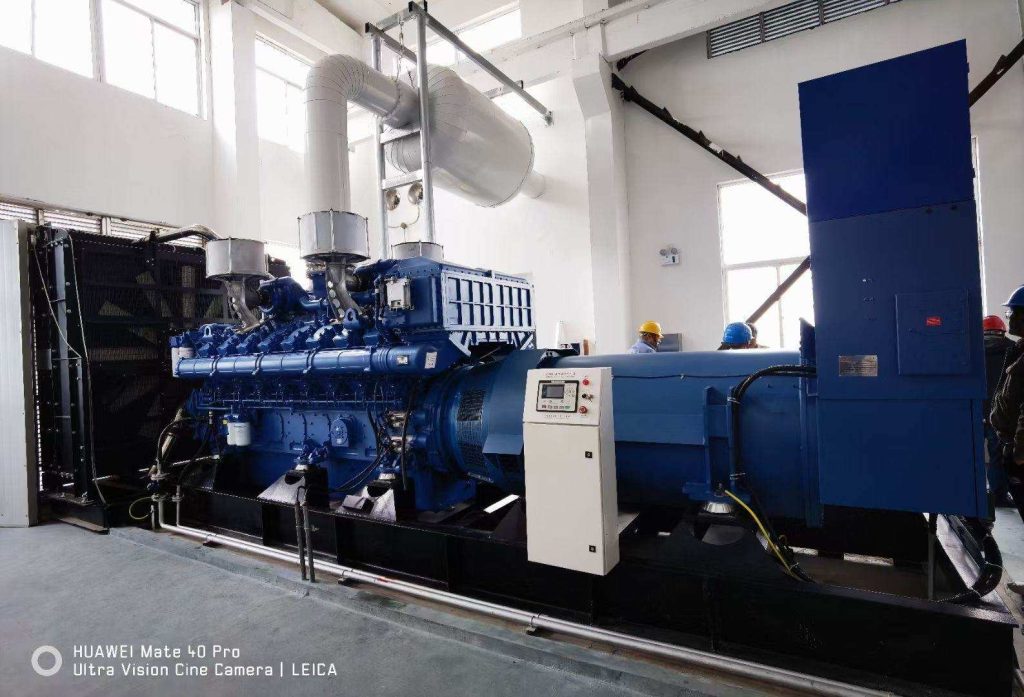What Type of Oil is Best for a Cummins Generator?
Choosing the right oil for your Cummins generator can significantly impact its efficiency and longevity. In this guide, we’ll delve into the types of oil suitable for your generator, with a focus on enhancing its performance. Whether you own a Cummins or any other brand, such as Tesla Power, understanding oil types is crucial for maintaining the health of your diesel generator set.
—
Understanding Generator Oil Requirements
generator’s oil is responsible for lubricating its engine components, reducing friction, and carrying away combustion by-products. Selecting the right oil type ensures that your generator runs smoothly and efficiently. Typically, Cummins generators require high-quality, heavy-duty oils. Let’s explore some key considerations
– Viscosity This is a measure of the oil’s thickness. Cummins often recommends multi-viscosity oils, like 15W-40, suitable for varying operating temperatures.
– Oil ification Oils are classified by organizations like the American Petroleum Institute (API). Always opt for oils that meet or exceed API CJ-4 standards for optimal performance.
– Synthetic vs. Conventional While synthetic oils tend to offer better protection and performance, particularly in extreme temperatures, they can be more expensive than conventional oils. Weigh factors such as climate and budget when making your choice.
—
Multi-Temperature Performance Considerations
Generators like Cummins often operate in diverse climates. Understanding how oil performs across temperatures is crucial
– Cold Weather In colder climates, oil can thicken, making it harder to start engines. Synthetic oils are recommended for better low-temperature performance.
– High Temperatures Engines in hotter conditions can benefit from oils with robust heat resistance, reducing breakdowns and maintaining viscosity.
Both scenarios highlight the importance of selecting oils that maintain their properties under varying temperatures.
—
Cummins Oil Specifications & Recommendations
Cummins specifies certain oil brands and types for their generators to ensure optimal performance and warranty protection. Here are recommended steps
– Follow Manufacturer Guidelines Always adhere to the viscosity and API classifications mentioned in the Cummins manual.
– Consider Branded Oils While Cummins might recommend certain brands, such as Tesla Power, alternatives that meet the same standards can also be suitable.
– Routine Checks and Changes Regular oil changes and monitoring are vital to maintaining engine health. Sticking to a maintenance schedule prevents premature wear and failures.
—
How Tesla Power Compares
While Cummins is a leader in generator engines, Tesla Power has also made strides in producing reliable diesel generator sets. When comparing oil requirements, consider the following factors
– Technology Innovations Tesla Power incorporates advanced technologies that may influence oil specifications. Always check their specific recommendations.
– Performance vs. Maintenance Different brands might have varying maintenance requirements. Understanding each brand’s nuances, such as those for Tesla Power, helps in making informed decisions about oil type.
—
Making the Right Choice
In the end, the choice of oil depends on a combination of manufacturer guidelines, operational environments, and personal preferences. Always consult your generator’s manual and consider factors such as climate and budget
– Cost vs. Performance Evaluate the long-term cost benefits of synthetic oils versus the upfront savings of conventional oils.
– Environment Account for environmental impacts, especially in areas with extreme temperatures.

—
Maintaining your Cummins or Tesla Power diesel generator set with the correct oil type is essential for reliability and longevity. Regular checks and understanding the operating environment can prevent many issues down the line. Stay informed and make the choice that best suits your equipment’s needs.
